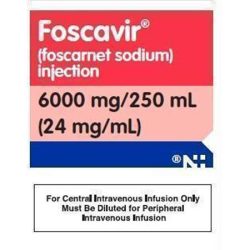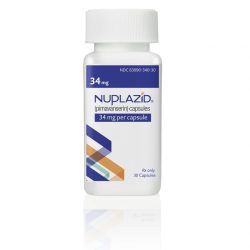Description
Uses of medication: Bavencio (Avelumab) specifically is a PD-L1 blocking antibody used for the treatment of:
- Merkel Cell Carcinoma (MCC)
- Urothelial Carcinoma (UC)
- Renal Cell Carcinoma (RCC): in combination with axitinib.
Dosage: The recommended avelumab dose for MCC and UC is 800mg, which should be administered as an intravenous infusion over 60 minutes every 2 weeks until disease progression or unacceptable toxicity. The recommended avelumab dose for RCC is 800mg, which should be administered as an intravenous infusion over an hour every two weeks along with axitinib 5 mg orally taken twice in a day (12-hours apart) either with/without meal until disease progression or unacceptable toxicity.
Treatment Reactions: The most commonly reported avelumab side effects include:
- MCC: Musculoskeletal pain, infusion-related reaction, diarrhea, nausea, fatigue, peripheral edema, rash, and decreased appetite.
- UC: Musculoskeletal pain, decreased appetite, fatigue, urinary tract infection, rash and nausea.
- RCC (along with axitinib): Musculoskeletal pain, diarrhea, fatigue, hypertension, nausea, mucositis, palmar-plantar erythrodysesthesia, dysphonia, decreased appetite, hepatotoxicity, hypothyroidism, abdominal pain, rash, cough, dyspnea, and headache.
Warnings and precautions
- Patients receiving treatment with bavencio injection should be monitored for the signs/symptoms of pneumonitis and evaluated with the suspected pneumonitis with radiographic imaging.
- Patients with avelumab injection should be monitored for abnormal liver tests before and periodically during treatment.
- Patients with the therapy of avelumab 200 mg injection should be monitored for signs and symptoms of colitis.
- Lactating women shouldn’t breastfeed while on treatment and for at least one month following the last bavencio 200 mg injection dose due to the potential for the serious side effects in the breastfed infants.
- Women with childbearing potential and receiving avelumab injection 200 mg should avoid becoming pregnant.




